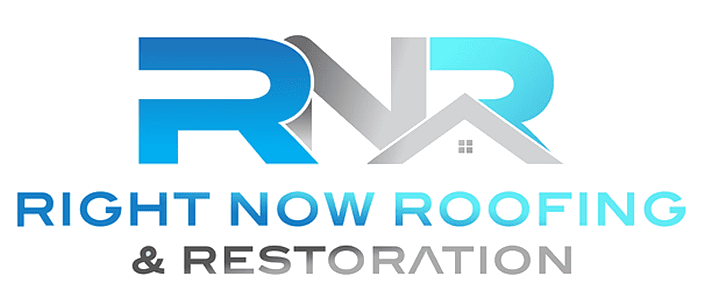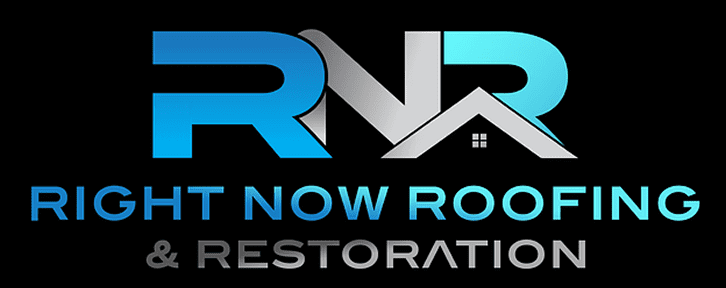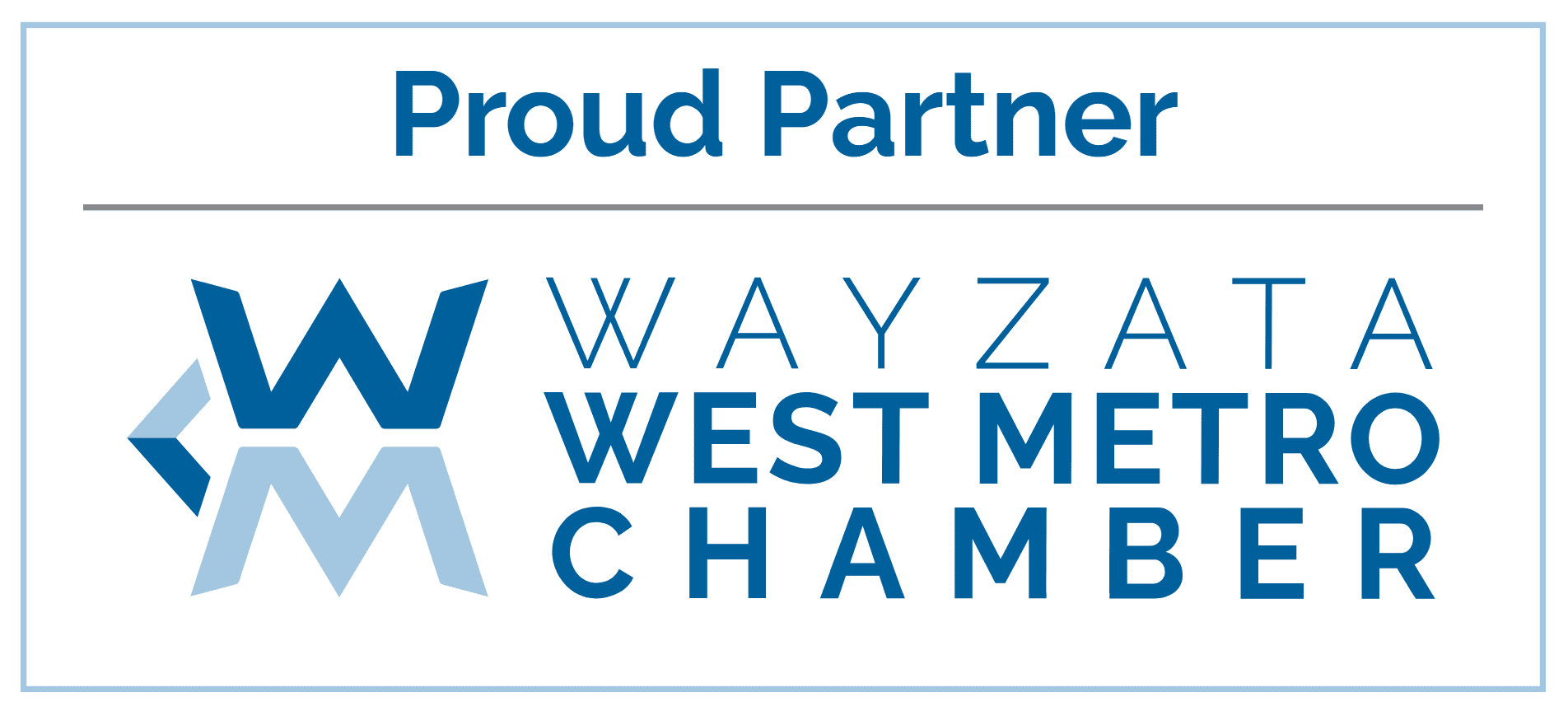Insurance Proceeds Agreements: What to Know
When dealing with repairs or renovations funded by insurance claims, it’s crucial to have a clearunderstanding of what’s involved. This is where an insurance proceeds agreement comes into play.
This legally binding contract between a homeowner and a contractor outlines the terms and conditions for work funded by insurance payouts. It’s different from standard contracts because it specifically addresses insurance-funded repairs.
Key Components of an Insurance Proceeds Agreement
Here’s what you’ll typically find in an insurance proceeds agreement:
- Scope of Work: A detailed description of the repairs or renovations to be completed.
- Payment Terms and Schedule: How and when payments will be made.
- Project Timeline: Expected start and completion dates.
- Insurance Claim Details: Information about the insurance claim covering the work.
- Responsibilities of Both Parties: Clear delineation of what each party is responsible for.
This agreement serves as a roadmap for the entire repair process, ensuring everyone is on the same page from start to finish.
Benefits for Homeowners
You might be wondering, “What’s in it for me as a homeowner?” Let’s break down the advantages:
Protecting Your Rights
By signing an insurance proceeds agreement, you safeguard your interests. The agreement clearly outlines what work will be done, how much it will cost, and when it will be completed. This protects you from potential disputes or misunderstandings down the line.
Clear Terms and Conditions
No more guesswork. The agreement spells out everything in black and white, so you’ll know exactly what to expect throughout the repair process.
Assurance of Professionalism
A contractor who uses an insurance proceeds agreement is likely to be more professional and experienced in handling insurance claims. It shows they’re serious about their work and committed to transparency.

Transparency in the Insurance Claim Process
Insurance claims can be complex, but this agreement provides a clear breakdown of how the insurance payout will be used. This ensures you understand where every dollar is going.
Advantages for Contractors
It’s not just homeowners who benefit from these agreements. Contractors also gain significant advantages:
Demonstrating Professionalism and Commitment
Using a formal agreement shows that contractors are serious about their work. It sets them apart from less professional outfits and builds trust with homeowners.
Protecting Time and Resources
Preparing for a project takes time and money. An agreement ensures that if a contractor invests in preparing estimates, meeting with insurance adjusters, and planning the work, they’re more likely to see the project through to completion.
Streamlining Operations
A standardized agreement helps contractors streamline their operations. It reduces confusion and helps manage expectations from the get-go.
Building Trust with Homeowners
A clear, professional agreement helps build a foundation of trust. It shows the contractor is organized, detail-oriented, and committed to open communication.
The Importance of Professional Documentation
When it comes to insurance claims, documentation is king. Here’s why professional paperwork matters:
Legal Protection
A well-drafted agreement provides legal protection for both the homeowner and the contractor. If disputes arise, you have a clear document to refer back to.
Clarity in Expectations
With everything spelled out in writing, there’s less room for misunderstandings. Both parties know exactly what’s expected throughout the project.
Reducing Potential Disputes
Clear documentation can prevent potential conflicts. When everyone’s on the same page from the start, there’s less likelihood of disagreements during the repair process.
Facilitating the Repair Process
An insurance proceeds agreement doesn’t just sit in a drawer once it’s signed. It actively helps smooth the path of your home repair project:
Outlining the Repair Steps
The agreement typically includes a detailed timeline of the repair process, helping you understand what to expect and when.
Defining Roles and Responsibilities
The agreement clarifies who is responsible for what, ensuring everyone knows their part in the process.
Ensuring Smooth Communication
With roles and expectations clearly defined, communication between all parties – homeowner, contractor, and insurance company – tends to be smoother and more effective.
Conclusion
An insurance proceeds agreement is more than just paperwork – it’s a tool that protects homeowners and contractors alike. It sets the stage for a smooth, transparent repair process, reducing stress and potential conflicts. So next time a contractor asks you to sign one, you’ll know it’s in your best interest to do so.
Remember, when it comes to home repairs and insurance claims, clarity and professionalism are key. An insurance proceeds agreement provides both, making it an invaluable part of the process.
Frequently Asked Questions
Is an insurance proceeds agreement legally binding?
Yes, it is a legally binding contract between the homeowner and the contractor, outlining the terms and conditions of the repair work covered by the insurance claim.
Can I negotiate the terms of an insurance proceeds agreement?
Absolutely. Like any contract, the terms can be negotiated. If there’s something you’re unsure about or would like to change, discuss it with your contractor before signing.
What happens if the actual repair costs exceed the amount in the agreement?
This should be addressed in the agreement itself. Usually, there’s a clause that covers unexpected costs or changes to the scope of work. If additional costs arise, the contractor should discuss this with you and the insurance company before proceeding.
Do all contractors use insurance proceeds agreements?
Not all contractors use these agreements, but many professional and experienced contractors do. It’s often a sign of a well-organized and reputable business.
What should I do if a contractor refuses to sign an insurance proceeds agreement?
If a contractor refuses to sign, it might be a red flag. Consider discussing your concerns with them and exploring other contractors who are willing to work under a formal agreement.




Leave A Comment